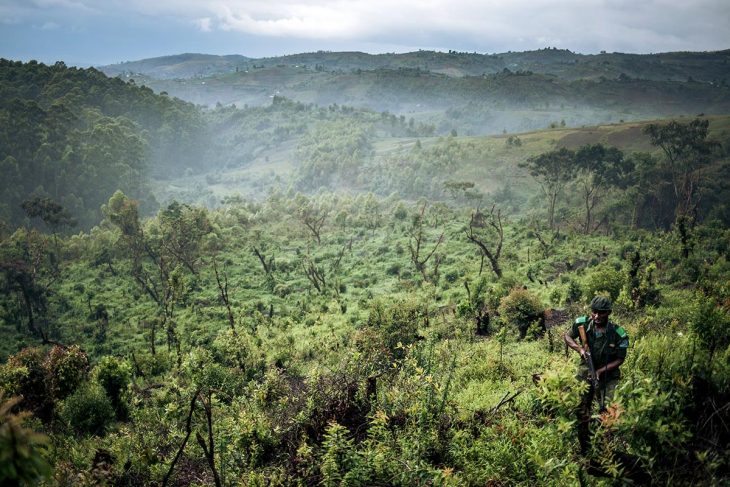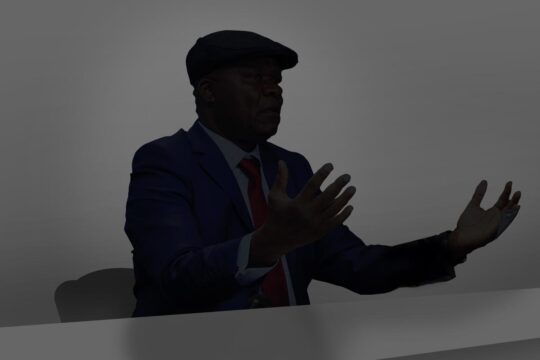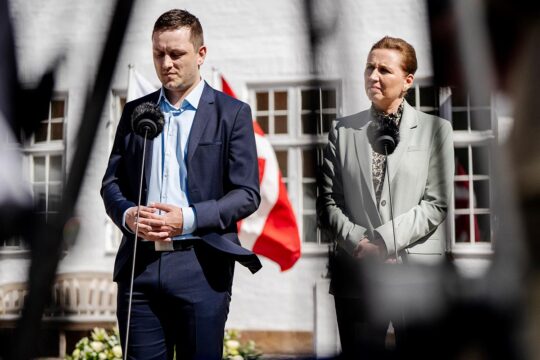On 4 February, the Bukavu military court in eastern Democratic Republic of Congo (DRC) handed down a controversial judgment. Eight members of the Batwa indigenous community, a Pygmy people from the Great Lakes region, were found guilty of acts damaging to the Kahuzi-Biega National Park (PNKB). This park was established in 1970 as a World Heritage site to protect an endemic species, the lowland gorilla. The park straddles the provinces of South Kivu, North Kivu and Maniema.
According to park officials, the eight Batwa destroyed more than 500 hectares of the park by digging for minerals and cutting down trees for timber and coal. The leader of the group, Jean-Marie Kasula, and five men accused with him were each sentenced to 15 years in jail for illegal possession of weapons and ammunition, criminal conspiracy and "wicked destruction" of the park. In the same judgment, two women were each sentenced to one year in prison and fined 200,000 Congolese francs (107 euros) for participating in this "wicked destruction of nature".
Up to now the work of the Congolese military justice system has been praised, particularly for its trials of rebel leaders and army officers for crimes against civilians. But this latest judgment has instead drawn anger both inside and outside the country.
One-day trial
Defenders of indigenous peoples' rights denounce irregularities in the procedure as well as hasty and biased conclusions. "The presiding judge of the mobile court did not allow the eight co-defendants to present any defence, to bring or challenge the evidence or to present their own arguments," said the UK-based NGO Forest Peoples Programme (FPP) the day after the judgment. FPP has decided to support the Batwa in appeal proceedings. The defence "was given only one day to examine the case of the eight defendants", according to the NGO, a reproach confirmed by the defence lawyer, Serge Bufole. "There was no equality of arms. We were taken at the crack of dawn one morning and taken to the court," Bufole said, adding that the defendants suffered "hunger", complained of "poor conditions of detention" and were "physically and mentally weak" to face their trial. Once the proceedings were opened the lawyer says the judges refused to hear defence witnesses.
Above all, the Congolese lawyer criticizes the judges for not having allowed discussion of an agreement concluded in September 2019 between the park's administration and the indigenous peoples. According to him, this agreement provides for "considerable space" to be left for the indigenous people. "Unfortunately, this agreement has never been respected" by the park management, he says. "This is why the Batwa have continued to operate in the park, which they consider to be a legacy of their ancestors. They don't accept that they can be evicted without compensation. If there is expropriation in the public interest, then there should be compensation."
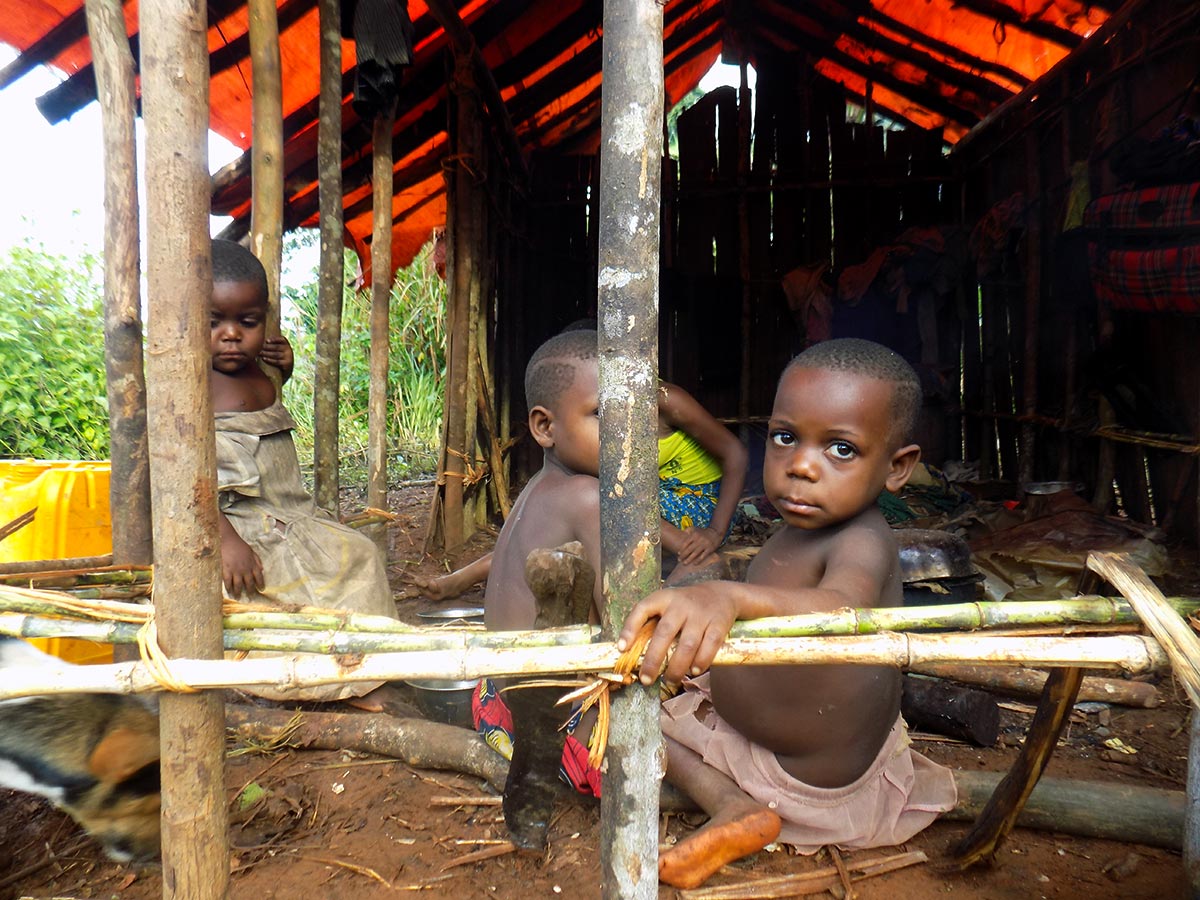
Conservation for whom?
Administrators of the Kahuzi-Biega park say they have respected their commitments as much as resources allow. "Failure to comply with the clauses is no reason to attack the park. We have respected more than 80% of these clauses," says PNKB spokesman Hubert Mulongoy. He cites support for the schooling of indigenous children and the recruitment of some of them as "eco-guards". "It is true that sometimes funding is lacking, but we are trying," he says.
But advocates for indigenous people find it hard to understand the court’s conclusions. "If you study the traditional way of life of the pygmies, you will understand that they are the true protectors of nature,” explains Blaise Mudodosi, head of the local NGO Action for the Promotion and Protection of Endangered Peoples and Species. “They don't eat protected species like gorillas. Pygmies only collect dead wood, caterpillars and edible bark, which does not threaten conservation in the park. We must not deprive them of their means of survival in the name of conservation, otherwise conservation no longer makes sense."
According to this lawyer specialized in environmental issues, the Batwa are within their rights. "The ancestral lands of the pygmies are in what is now the Kahuzi-Biega park. In the aftermath of the creation [of the park], indigenous people were driven out of their villages, dispossessed of their land without compensation. It was not a problem because they found living spaces outside. But with the decrease in resources, they are now forced to return to their ancestral lands," explains Mudodosi.
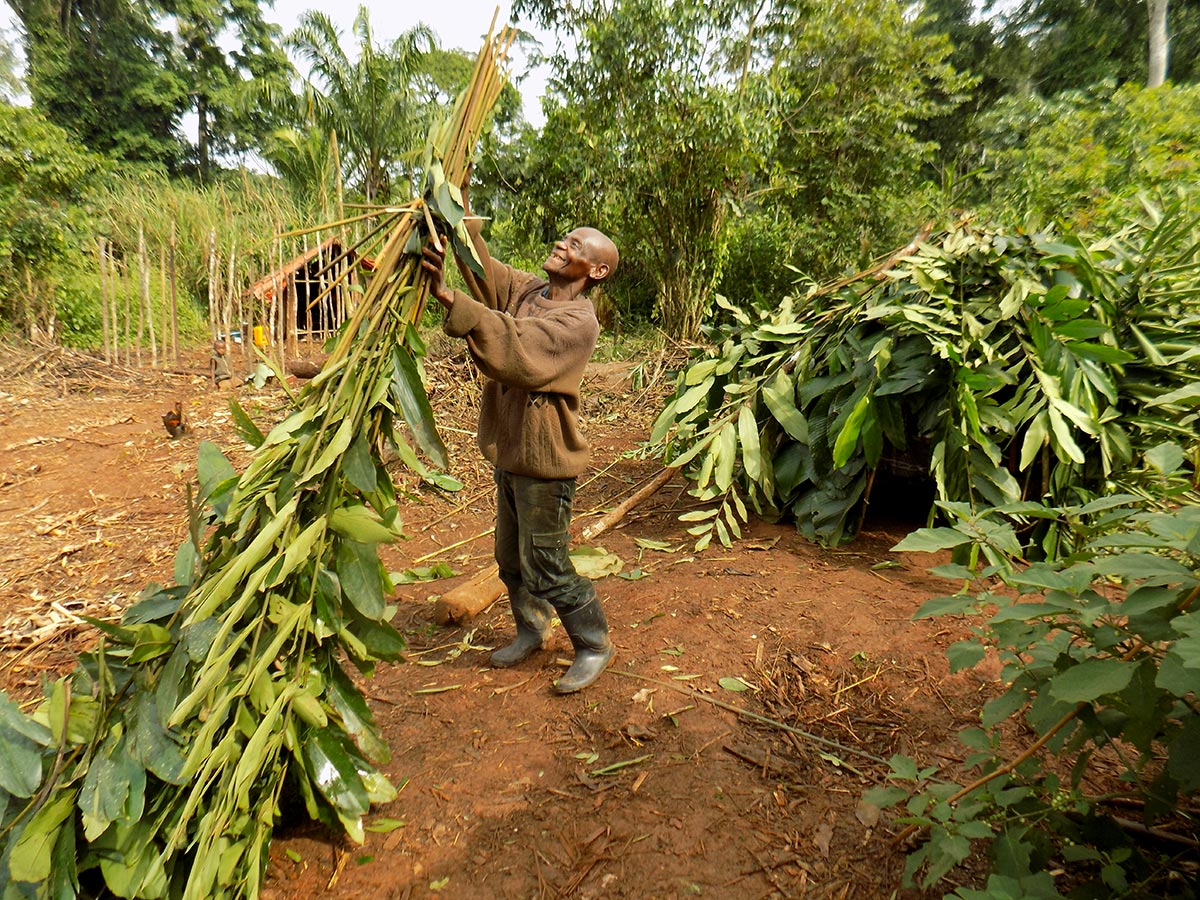
Deterring indigenous people
Park spokesman Hubert Mulongoy seems to admit this harsh reality, but puts the ball in the government’s court. "The park and its partners cannot buy land for the Pygmies. It is the responsibility of the Congolese state to decide where they can be settled. The biggest problem is that the land is quite limited. There is no space for agriculture, for cattle breeding. They [pygmies] don't have all that.”
Mudodosi thinks the PNKB could resolve the issue by rethinking the management of this protected area. "The park is very important, but we have to look at how it can live with the communities. The managers have to allow the communities certain entry rights for cultural and survival reasons. PNKB must resolve all these issues to ensure sustainable management of the park. The solution is not a trial," insists the lawyer.
Forest Peoples Programme believes that this ruling, "hastily handed down, diverts national and international attention from a very different reality: the ongoing quest for survival of the Batwa/Bambuti indigenous communities, who were evicted from Kahuzi-Biega National Park in 1975". According to the NGO, 'the aim of this trial was to send a message of deterrence to all other members of the Batwa/Bambuti communities who might be tempted to settle in the park as Kasula did. This unfair trial is aimed not only at Kasula but also at all other indigenous peoples" in the eastern region of the DRC, the organization said.
For Fiore Longo of Survival International, an international NGO defending indigenous people, this trial at least shows that "indigenous peoples do not accept losing everything and that they are defending themselves”. "In many places, local people are making their democratic voices heard and turning against the colonial model of conservation that contains the seeds of its own destruction. If this model doesn’t change to prioritize people's rights, it will not survive," she adds.


